
Cosmic Laws of the Universe
The Law of Three and the Law of Seven can be studied both outside oneself, in external phenomena, and within. The enneagram symbol is a representation of both these two cosmic laws.
Read More…The Fourth Way and Esoteric Traditions

The Law of Three and the Law of Seven can be studied both outside oneself, in external phenomena, and within. The enneagram symbol is a representation of both these two cosmic laws.
Read More…
What does the medieval Christian concept of uncreated light show us about reaching higher states? Efforts are the “work” of the Fourth Way, but “uncreated light” comes when it will.
Read More…
Objective Reality – Beyond World Twelve to World Six The natural world is more clearly inviting us into its mysteries, these days. I’m spending an hour each morning raking leaves. The distractions of ordinary life seem muted by the pandemic. Energies more rare, more refined, appear outdoors. And this natural world speaks to something higher […]
Read More…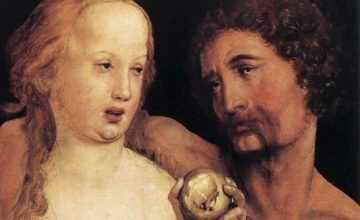
When we experience true seeing, the temporal, fugitive, and fleeting human being touches the eternal. This very act of self-awareness in a given moment ennobles us and produces eternity.
Read More…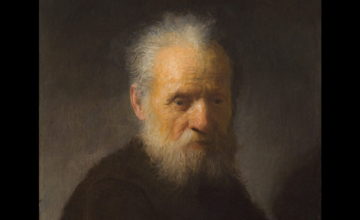
The inner work that leads to a connection to higher centers is individual and takes patience, struggle, and time. There are no shortcuts in this work because it follows natural laws. It is not a way that ends with a single revelatory experience. The achievement of this system is a regular connection with higher centers, and that requires a buildup of a particular energy, and that energy is subject to organic laws.
Read More…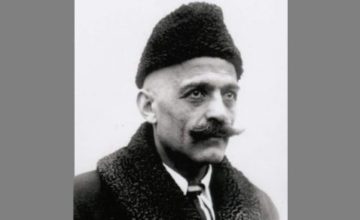
Can we always make a profit? Toward the end of In Search of the Miraculous, Ouspensky describes a newspaper reporter’s conversation with Gurdjieff at a train station. Gurdjieff made a number of enigmatic statements about business and the Russian Revolution. The reporter asked, “Don’t you make profits, too?” [Gurdjieff] smiled… and said with gravity: “We always make a […]
Read More…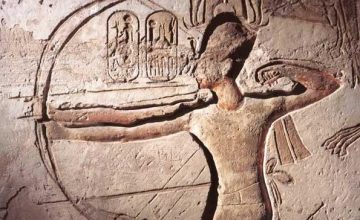
How do we use the highest parts of ourselves to work towards awakening, and rest when needed? Intellectual parts of centers need to work together for us to truly remember ourselves. The Four Lower Centers Fourth Way authors alert us to the fact that we have seven brains, rather than one. Two of them function in times […]
Read More…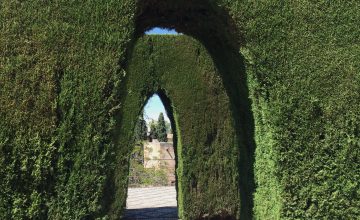
How do our patterns of movement and sleep interact? Seminal Fourth Way authors G. Gurdjieff and P.D. Ouspensky describe how unnecessary movement and sleep–our old patterns–pose obstacles for one seeking consciousness. P.D. Ouspensky, from A Record of Meetings: The Role of the Moon in Mechanical Movement and Sleep At present all our movements depend on […]
Read More…
How do we work with sharing the light with others? The Wish to Prolong Presence The human machine is a wonderful invention. It is a machine that can produce consciousness. That consciousness has degrees. It can be closer or further away from what Gurdjieff and Ouspensky called the second state, or day-dream state. Some higher […]
Read More…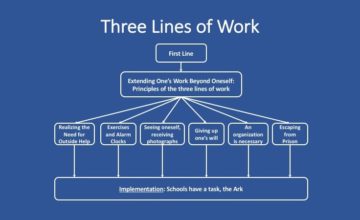
Three Lines of Work in a School The following outline is from Ouspensky’s The Fourth Way: The first line is work on oneself: self-study, study of the system, and trying to change at least the most mechanical manifestations. This is the most important line. The second line is work with other people. One cannot work by […]
Read More…